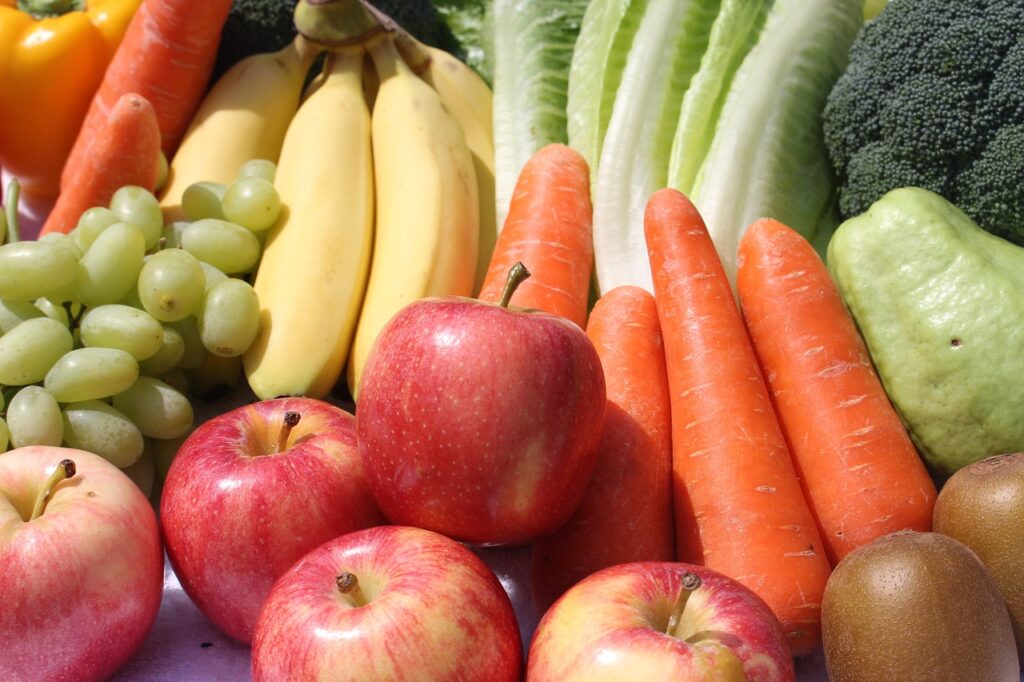Every day, millions of children around the world go to school on an empty stomach – hunger affects their concentration and ability to learn. These were my lived realities growing up as a student from an underserved community in Ghana. Accra Street Kitchen is a food rescue start up that is committed to diverting food landfill waste in urban Accra to feed people and farms. In our first pilot, the start up will divert whole food considered as waste from three malls to our sankofa zero-waste kitchen, where our Chef-in-Residence works with part time university students to prepare highly subsidized meals for grade 1-11 public schools. Our full circle cradle to cradle approach also includes using the food waste from our zero-waste kitchen to grow local foods in our organic backyard farm in order to complement the supply of food produce but more importantly, to make the foods these kids eat be healthier and more sustainable.
Briefly describe the challenges in your community, which your project plans to address? (max 100 words)
Access to affordable and nutritious diet remains elusive for segments of the population in Accra. The high cost of food adds to the economic pressures of many young people. At the same time, a huge volume of food goes waste, disposed of by Supermarkets and Malls. The Methane emissions from the decomposed food waste contributes to the myriad of environmental issues the city faces, filling out our carbon budget. Rapid urbanization is also exacerbating land use changes to urban agriculture, while the disruptions in the food supply chain contribute to fluctuations in food availability and pricing.
Description of SDG Micro-project:
Briefly describe your envisioned SDG Micro-Project (i.a. approach, key partners & milestone activities)
Millions of children go to school everyday on an empty stomach. On University campuses in Ghana, this is not any different. Packed academic commitments leave students with limited time for meal preparation, contributing to irregular eating patterns, and reliance on fast food that contribute to poor health and low-academic performance. In fact, data suggests that around 50% of undergraduate students were food insecure in 2020.
From personal experience being food insecure while on campus and noticing the huge volume of food going waste, I decided to set up Accra Street Kitchen as a food rescue start up that is committed to diverting whole food. In our first pilot, we are working at partnering with two local supermarkets to divert these whole foods that are often thrown away when they have spots to our sankofa zero-waste kitchen, where our Chef-in-Residence works with volunteer students to prepare highly subsidized meals for their colleagues
Please provide an overview of the timeline and planned activities for the planning & implementation of your project. Bullet points and lists are encouraged! (200 words)
Project Initiation (Month 1-2):
Conduct a more comprehensive needs assessment to understand the extent of food insecurity on university campuses in Accra
Conduct an assessment of what kinds of meals will like to purchase and at what costs
Fully establish and finalise partnership with two local supermarkets in the University of Ghana-UPSA-Lancaster University-Wisconsin University area for the diversion of surplus whole foods.
Pilot Phase (Month 3-6):
Launch the pilot phase in collaboration with the two selected supermarkets
Set up the Sankofa Zero-Waste Kitchen as a central hub for food rescue and meal preparation.
Implement a volunteer internship recruitment and training program for students interested in participating in the project.
Begin diverting whole foods from supermarkets to the Sankofa Zero-Waste Kitchen at my hostel.
Meal Preparation and Subsidized Meals (Month 7-10):
Implement a targeted digital marketing campaign leveraging social media platforms and campus communication channels to promote Accra Street Kitchen’s subsidized meals, emphasizing the affordability, nutritional value, and environmental sustainability of the food options.
Collaborate with Chef to curate need-based low-carbon nutritious meals
Food is purchased through calls and is delivered to students on campus on-time given the proximity of the Kitchen to the campuses( general issues of cost with space but plans of a food truck at vantage point if funding allows)
At Accra Spare Kitchen, we recognize the interconnected challenges, we are paying attention to micro-solutions that work for both people and planet.
Outline the expected outcomes and impact of your SDG Micro-project.
Bullet points and lists are encouraged. (150 words)
Key Outcomes:
Reduced Food Insecurity:
Metric: Percentage decrease in reported food insecurity among university students through pre- and post-project surveys.
Environmental Impact:
Metric: The volume of diverted food waste from supermarkets, calculated reduction in methane emissions.
Community Engagement:
Metric: Number of student volunteers engaged in meal preparation and community outreach( sense of social responsibility)
Affordability of Meals:
Metric: Cost-effectiveness of Accra Street Kitchen meals, comparing the subsidized prices to standard market prices for similar nutritious options.
Scaling Potential:
Metrics: The feasibility of scaling the project by measuring interest from additional supermarkets, campuses, and potential funding sources.
Established model that can be replicated in other cities and regions(schools) facing similar challenges.
At Accra Spare Kitchen, we recognize the interconnected challenges within our food system, we are paying attention to micro-solutions that create a positive impact on both the well-being of students and the broader environmental sustainability goals of the city.

